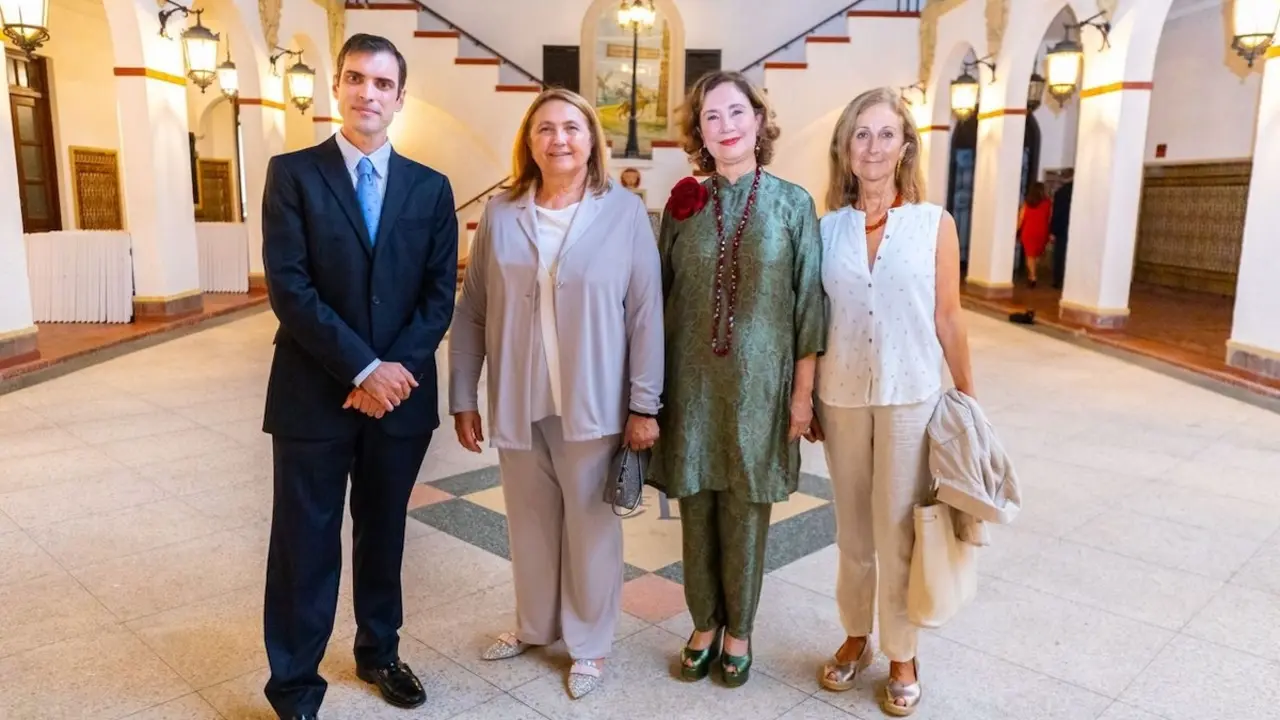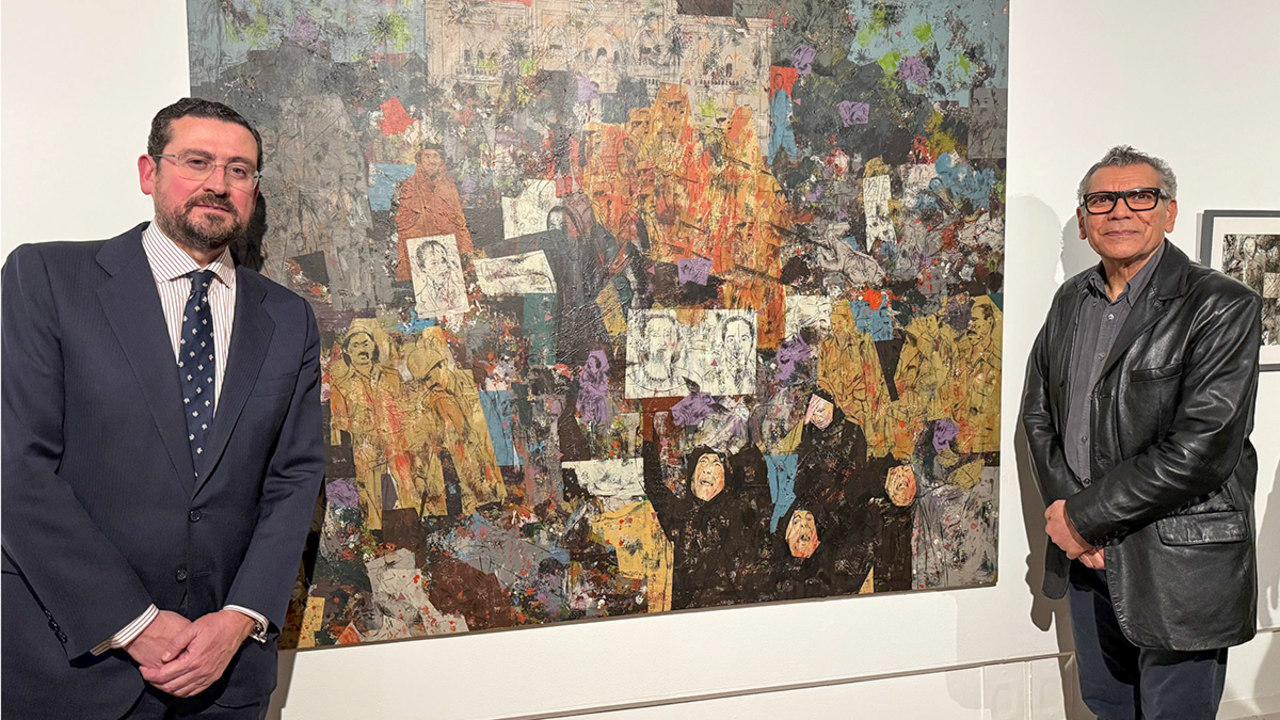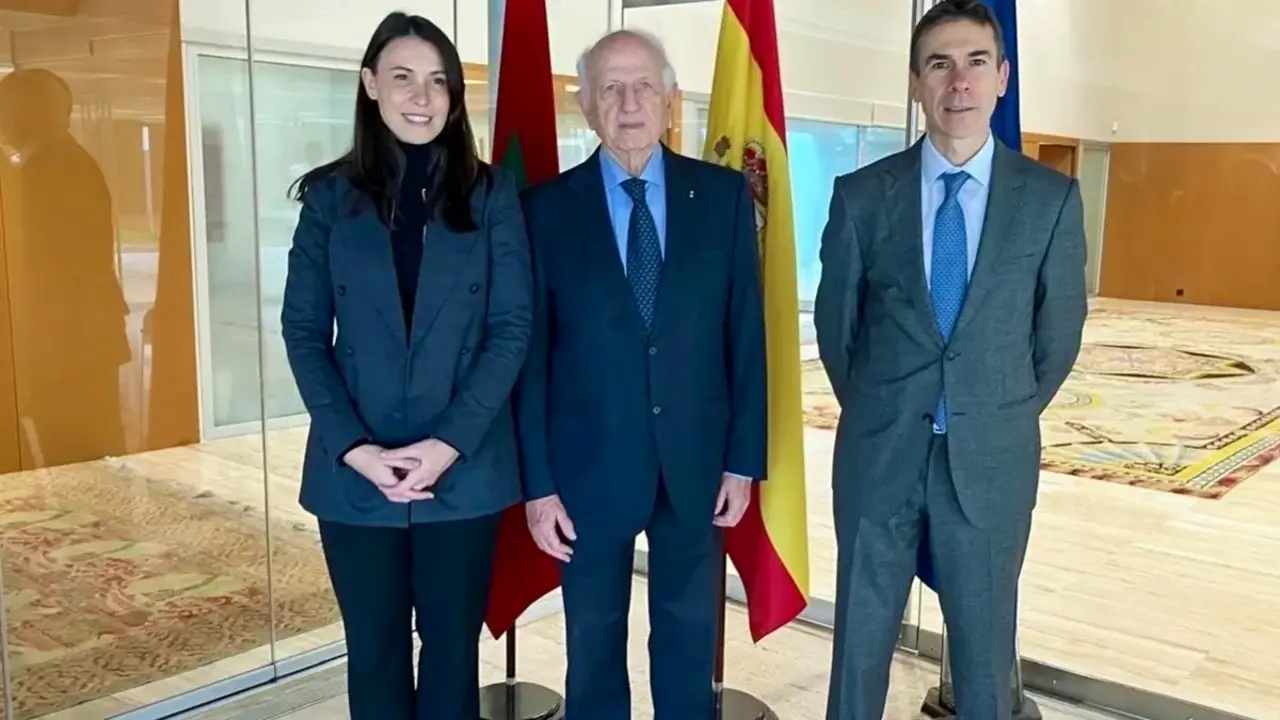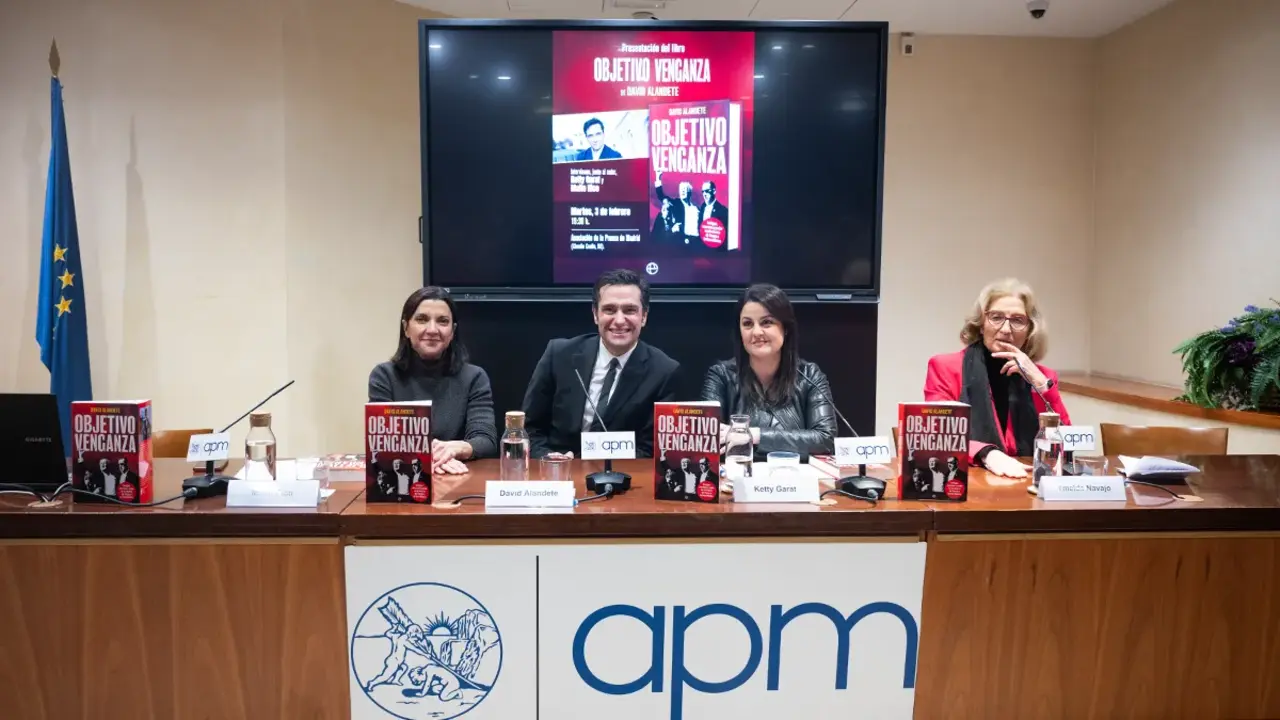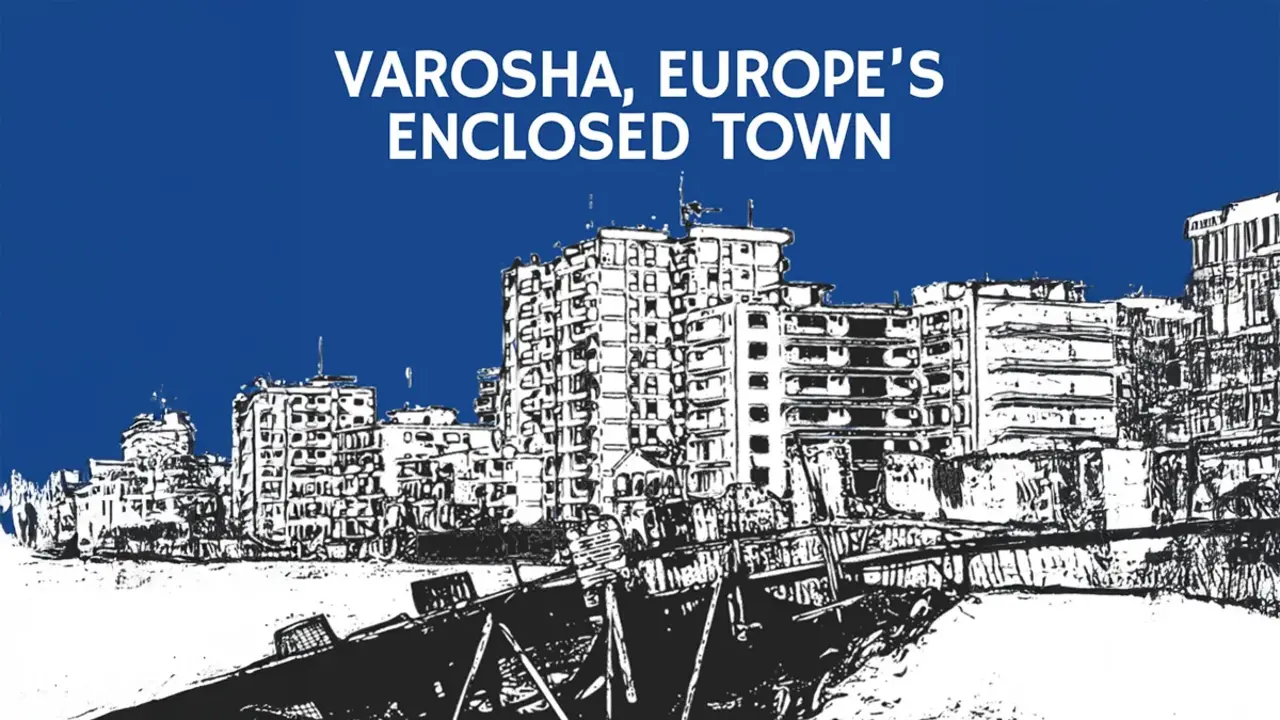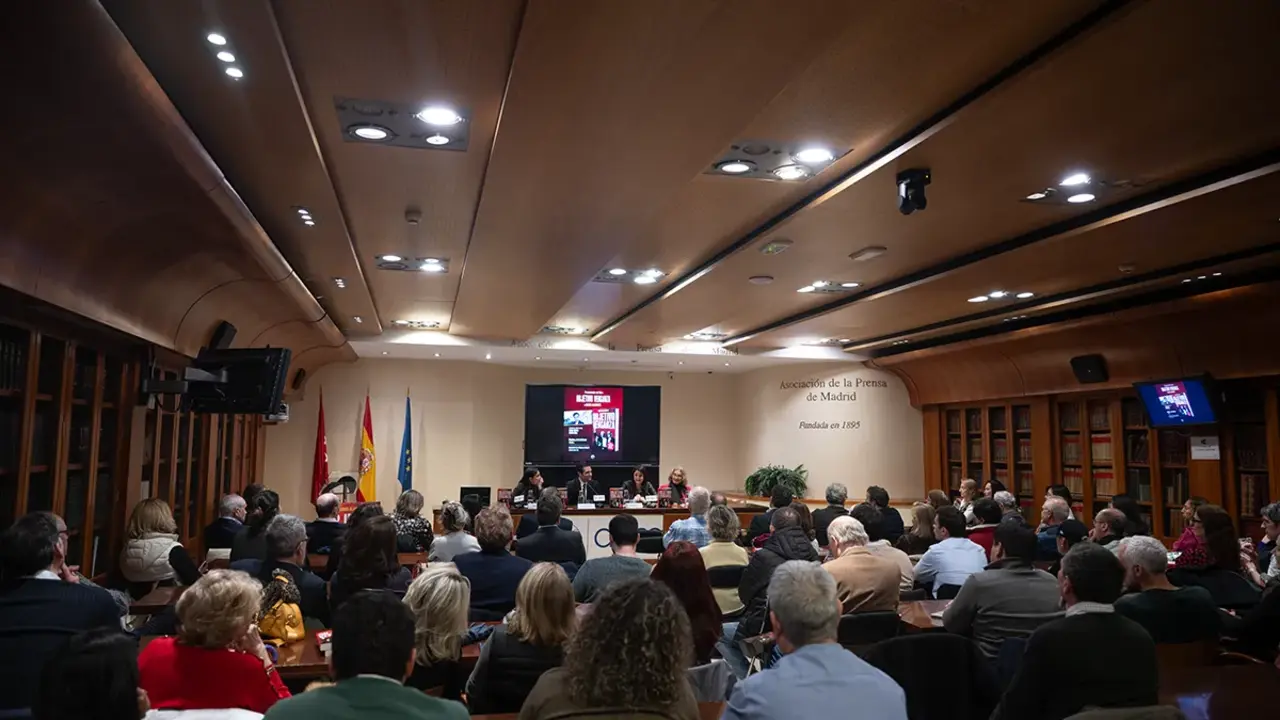Tarifa-Tangier Film Festival: much more than good African cinema
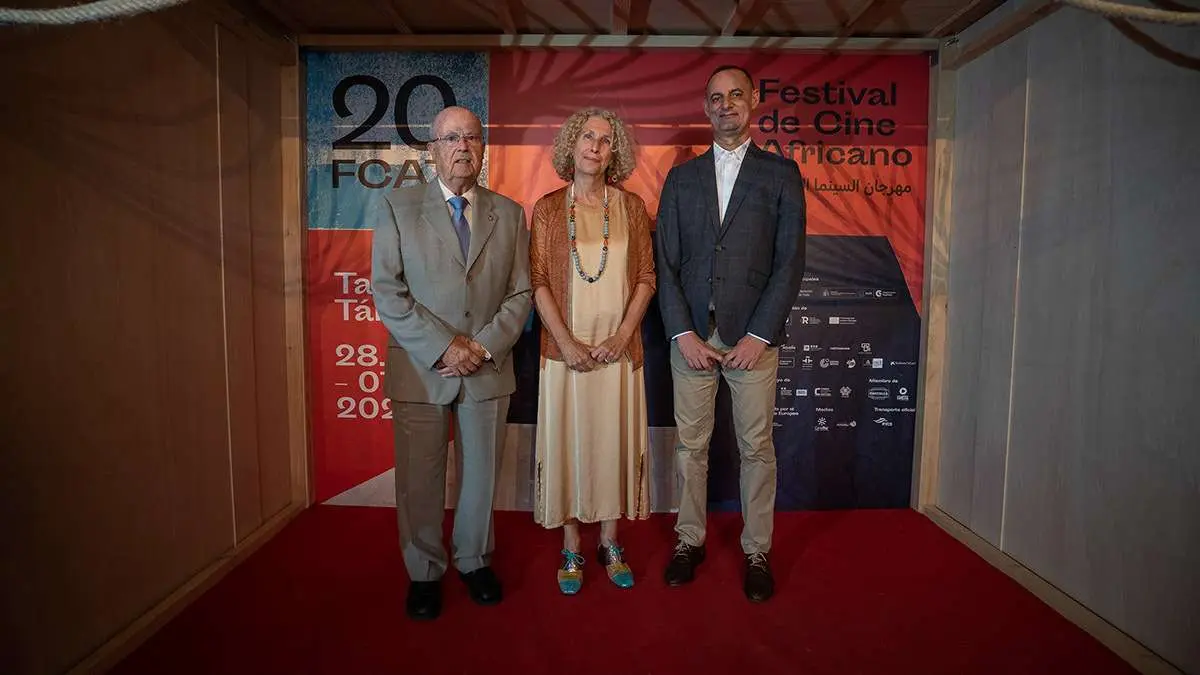
Mane Cisneros, founder and director of the Tarifa-Tangier African Film Festival (FCAT), created this cultural event to strengthen ties between the two continents through cinema, which is why the event takes place in four different cities on both sides of the Strait. "My idea was to create a festival that was about the Strait of Gibraltar. One of the festival's main objectives is to build bridges through culture, through cinema. This is an area where the sea between them unites rather than separates, at least thanks to culture. The sea is a border for many, and for many others it is not".
For the first time, the festival has been able to open in Tangiers with the help of the Spanish Embassy in Morocco and the Cervantes Institute. The screenings in this Moroccan city have been charged with symbolism, having chosen the Alcázar cinema, a cinema built in 1913 under the Spanish protectorate of Morocco and which has recently been restored. "In Africa, cinemas are closing down. We wanted to give it a symbolic value and go to a cinema that has been reopened. As in Ceuta, the cinema has been the old Ceuta station, recently recovered and restored for culture. It is a demand for the opening and safeguarding of cinemas as a magical space, as a space of dreams and as the place where cinema should be seen", says Mane Cisneros. In this cinema, the festival's sections Miradas españolas and Tercera raíz, which is a section of Afro-Latin cinema, but in Spanish, have been screened. According to the director, "the objective continues to be to consolidate this festival as a Festival of the Straits of Gibraltar, which has both an African and a Spanish part".
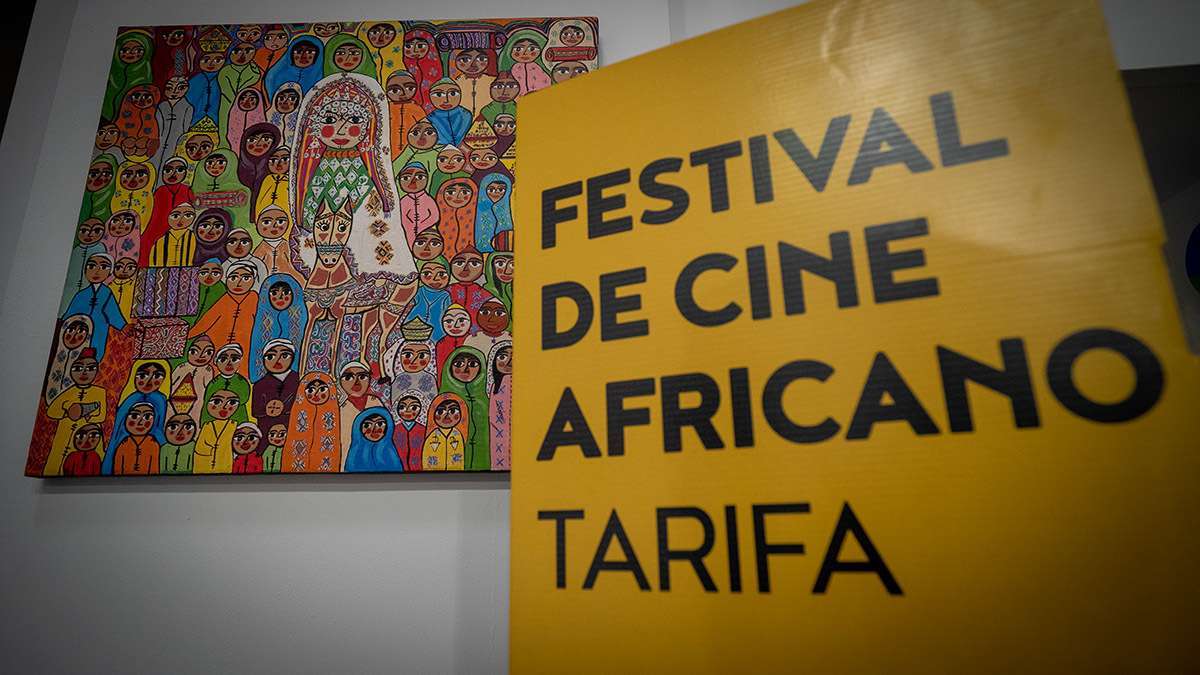
More than 20 films were screened, both feature films and short films from the Maghreb and sub-Saharan Africa. The cinemas were very full in Tangiers, Tarifa, El Puerto de Santa María and Ceuta. In the autonomous city of Ceuta, the auditorium was full for the three days of screenings. According to the director of the FCAT, it is a "very loyal audience that has been coming to the festival for years and years, but also a renewal, a young audience".
But the festival is not only limited to cinema. During the festival, other cultural activities are held to promote relations between the two continents. One of the activities most followed and loved by the public, according to the director of FCAT, has been the literary tour between the lines. For the first time, it took place in Tangiers, specifically the tour took place through the Khasbah, led by Javier Rioyo, director of the Cervantes Institute and three writers from the Strait of Gibraltar. "I wanted this year's literary tour to be a tribute to the literature of the Strait," says Mane Cisneros. The playwright from Tangiers, Zoubeir Ben Bouchta, read the verses of the route in Arabic, while Trino Cruz from Gibraltar and Juan José Téllez from Algeciras read them in Spanish.
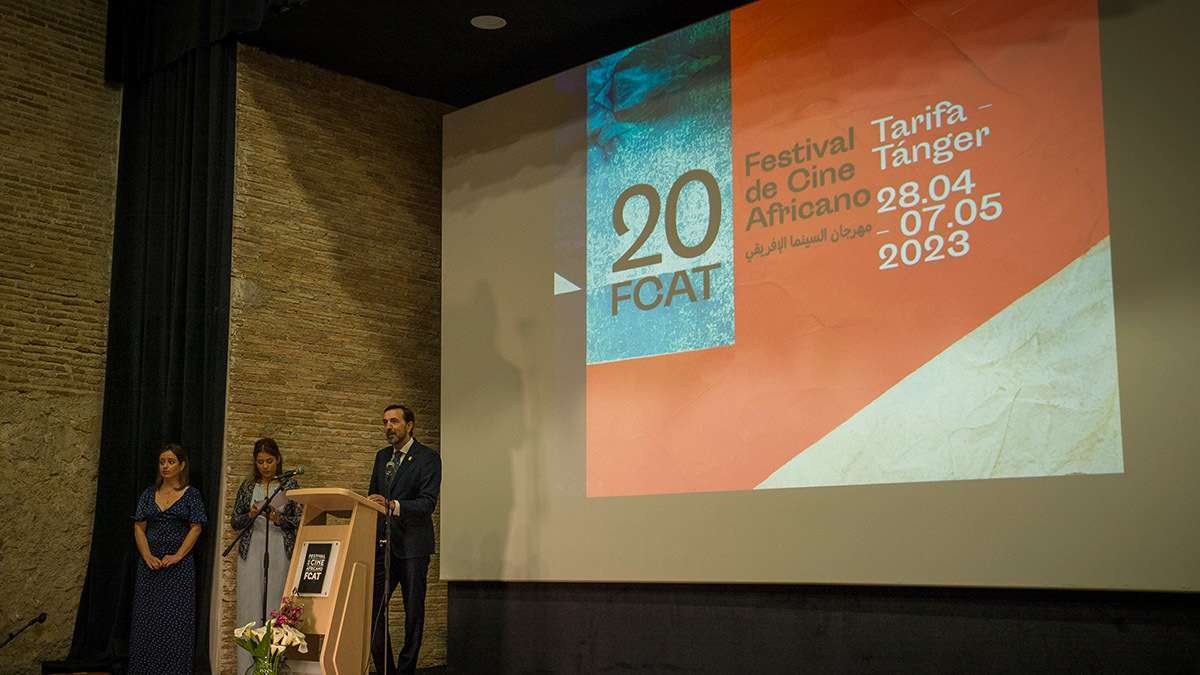
The festival also has a very human character. According to Mane Cisneros, "with the idea of giving visibility to some of the most pressing problems on the African continent that are invisible or little known" and, with the help of Médecins Sans Frontières, "Instants of an imperfect world" was created, where several musicians created original soundtracks, inspired by photographic coverage of humanitarian crises.
The festival also promotes interculturalism and the rapprochement between the two continents among young people. Through the schools in the province of Cadiz and in the north of Morocco, the schools involved in Tetouan, Tangier and Nador are working on values through film, to see diversity as a richness. "So that through knowledge they lose their fear of the other. The other, the one they fear more than anything else because of ignorance, because of fear of the unknown. A great deal of work is being done in the hope of creating spectators for a critical, different cinema, outside of the great global currents, so that there will also be a renewal of audiences," explains Mane Cisneros.
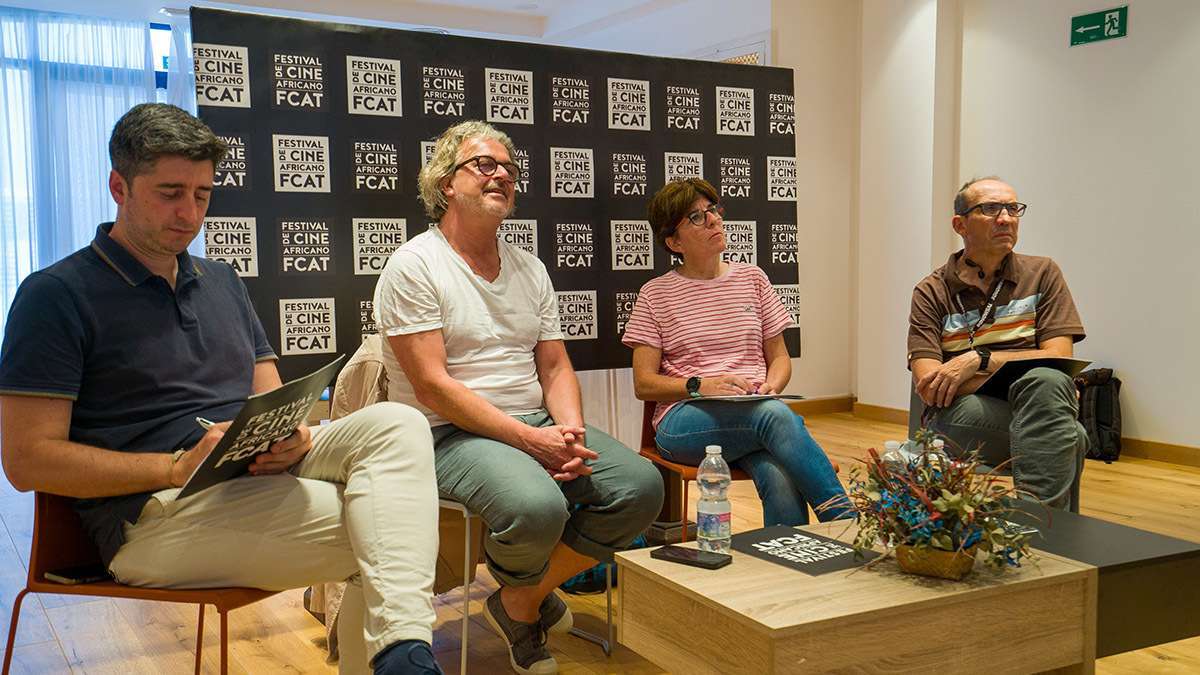
The 20th edition closed with the programming of the winning films on Saturday, where spectators from Morocco and Spain were able to see the Rwandan film "Father's Day", which won the prize for best feature film. As its director says, "the FCAT is a complete journey to Africa through the culture of cinema".

